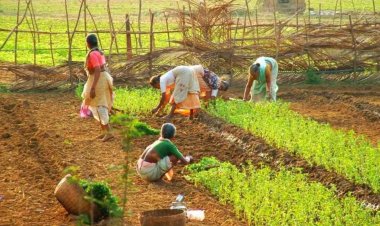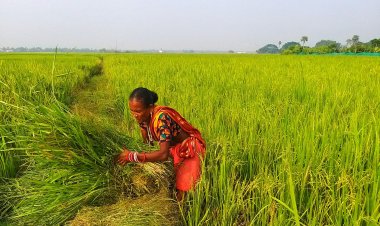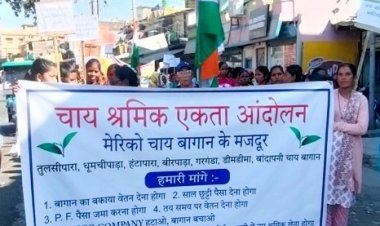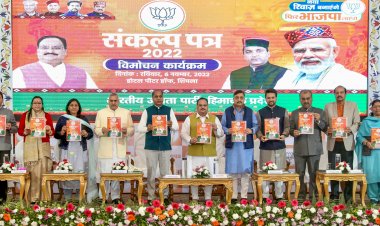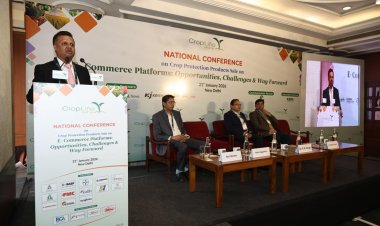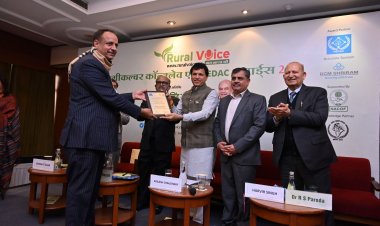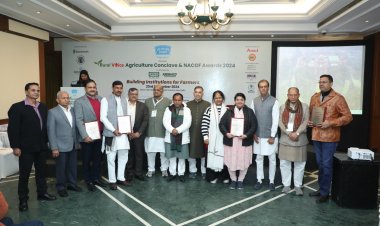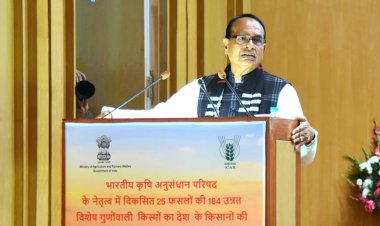Where are panchayats in fiscal federalism?
There is a need to make PRIs an important part of cooperative federalism (CF) because rural government institutions have a positive impact on the alleviation of poverty and the improvement of the quality of life of the people. To make the panchayats an effective player in CF, there is a need to carve out a Local List in the existing Seventh Schedule of the Constitution.
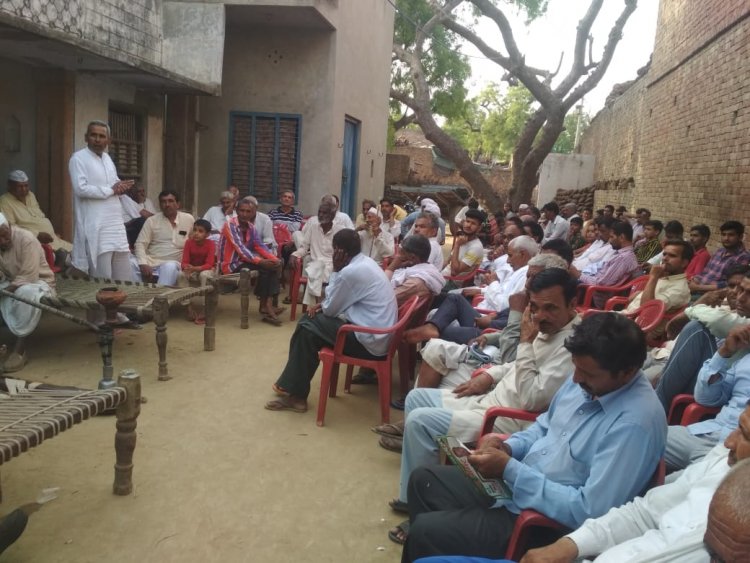
NK Singh, the Chairman of the Fifteenth Finance Commission (FFC), made the following observations in his recent Chief Guest’s address on the annual day of the Delhi School of Economics at Delhi University. “The growing political culture of providing freebies to garner political gains raises the question whether India should contemplate adopting the concept of sub-national bankruptcies.” He also said that “the strength of the Centre lies in the strength of the States. Therefore, the macroeconomic stability of the Union is contingent on the macroeconomic stability of both the Centre and the States.”
In fact, what he said is not sufficient. What is required is transforming the present culture of competitive freebie politics into competitive federalism, enabling people to contribute and harness benefits accordingly in an effective mode from the Ward Sabha to the Lok Sabha. Prime Minister Narendra Modi also said in the Parliament that he believed in cooperative federalism. What is cooperative federalism (CF)? In common parlance, the spirit of CF should guide the relationship between the Centre, the States, and the Panchayati Raj Institutions (PRIs). It appears fiscal federalism or CF does not travel beyond States in the current discussion on the subject.
It may be mentioned that the Article 243G of the Constitution empowers the State legislature to endow the panchayats by law with such powers and authority as may be necessary to enable them to function as institutions of self-government and devolve appropriate powers upon them with respect to (i) the preparation of plans for economic development and social justice and (ii) the implementation of schemes for economic development and social justice as may be entrusted to them including those in relation to the matters listed in the Eleventh Schedule. The Eleventh Schedule contains 29 subjects ranging from agriculture to the maintenance of community assets.
How can CF be established? At present, governments are at four levels, namely central, state, rural (panchayats) and urban (municipalities). In fact, for better governance, the spirit of CF should guide the relationship between the Centre and the States on the one hand, and among different States and PRIs and municipalities on the other. It is possible under CF to mobilize resources by the government at different levels in a coordinated fashion and channel them for use for the common good of the masses. But CF has become mere rhetoric as its spirit does not embrace panchayats that are about 2.55 lakh in number.
To further strengthen CF, there is a need to have a forum at the levels of the States and the Centre where representatives of PRIs interact with MPs and MLAs. For instance, Section 266 of the Gujarat Panchayat Act provides for a State Council for Panchayats under the chairmanship of the Panchayat Minister to co-ordinate and advise the Panchayats. A similar sort of arrangement is also available in Haryana in the form of an Inter-district Council headed by the Chief Minister.
PRIs, instead of working as rural local governments, are in fact working as agencies of the State and Central governments in implementing their programmes/schemes in rural areas. These institutions do not have freedom in deciding priorities and implementation mechanisms at the local levels. The Central Finance Commission has also been recommending the transfer of funds to the panchayats from the Central Government. But here again, the issue is that funds are either tied or conditionalities are imposed on the panchayats in using the funds. For instance, out of the total grants recommended by the FFC to be disbursed to rural local bodies, 60 per cent are tied funds as these are earmarked for drinking water, rainwater harvesting and water recycling, sanitation and maintenance of open-defecation-free (ODF) status, which also includes management and treatment of household waste, and human excreta and faecal sludge management. As per FFC, 40 per cent of the total grants are untied and can be used by them for felt needs under the 29 subjects listed in the 11th Schedule, except for salaries and other establishment costs. But in the real sense, these funds may also be called tied because these can be used only for the 29 subjects listed in the 11th Schedule of the Constitution. How are 40 per cent of the grants untied when panchayats do not have the choice to go beyond the 29 subjects of the 11th Schedule of the Constitution?
There is a need to make PRIs an important part of CF because rural government institutions have a positive impact on the alleviation of poverty and the improvement of the quality of life of the people. In this context, a study on the reduction of Multidimensional Poverty (MDP) in India was cited by Suvojit Bagchi in an article titled “Southern Comfort: India's global poverty rank improves” published in The Hindu, Kolkata on 12 May 2018. This study revealed that the MDP of India has dropped significantly from 55 per cent to 21 per cent between 2006-07 and 2015-16, largely due to the performance of five southern states (Kerala, Tamil Nadu, Karnataka, Telangana and Andhra Pradesh). MDP is an international measure of acute poverty based on three indicators, namely health, education and living standards. If the findings on MDP are corroborated with the devolution index of powers to panchayats, one can see that out of the five states where poverty reduction was significant, four are the ones where the devolution index empowering the panchayats is higher. This indicates a direct relationship between strengthening the panchayats and poverty reduction. The role of PRIs in handling the Covid-19 pandemic has also been another plus point for empowering the panchayats.
To make the panchayats an effective player in CF, there is a need to carve out a Local List in the existing Seventh Schedule of the Constitution and this Local List be further divided into three lists — one for gram panchayats, another for the intermediate level of panchayats and a third for district Panchayats — keeping in view the cardinal principle of work allocation. This would deepen CF in the country.
(The author is a former officer of the Indian Economic Service.)



 Join the RuralVoice whatsapp group
Join the RuralVoice whatsapp group


















